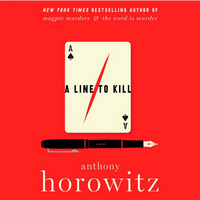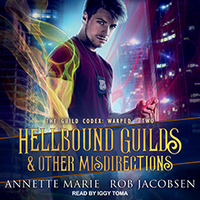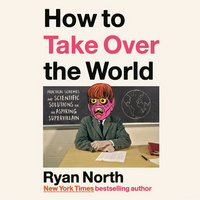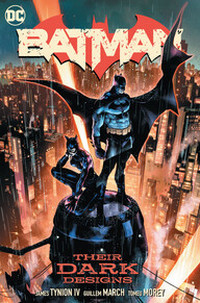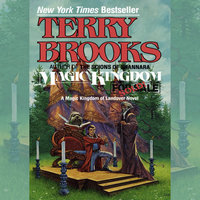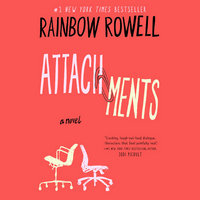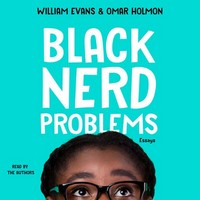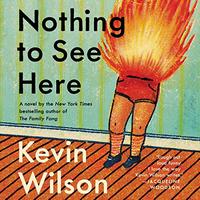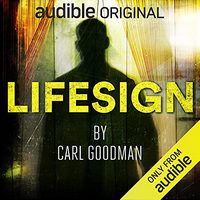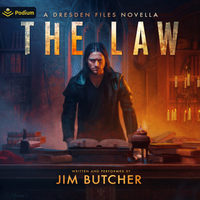 The Law
The Law
by Jim Butcher
DETAILS: Series: The Dresden Files Publisher: Podium Audio Publication Date: July 5, 2022 Format: Unabridged Audiobook Length: 3 hrs., 22 min. Read Date: July 5, 2022

What’s The Law About?
Harry is still recovering from the events of Battle Ground, as is the city of Chicago. This is going to be a theme for a while, It seems (and should be). But he’s doing better than he was in “Little Things” (from Heroic Hearts. I’m not sure that I am, but that’s something for me to take up with my therapist.
He and Billy are tending to some administrative duties when they’re interrupted by someone looking for help. “Everyone knows” that if you need help, there are groups you can seek out, but if you need a miracle…Harry Dresden is who you look for.
Her problem isn’t supernatural in origin—it’s dealing with a vicious landlord who is on the verge of destroying a tutoring service that she and several others have built up over the last few years, serving underprivileged kids and barely scraping by. Something about her problem strikes at something in Harry—this isn’t the kind of problem he’s dealt with in a long time (but it brings the reader back to the time before his office building burned down, probably earlier, too). He figures the landlord is a bully and he can go out-bully him and help the tutor out.
Of course, it’s not that easy.
And sure, I said something earlier about it not being a problem of supernatural origin. But maybe it’s supernatural-adjacent, and everyone’s favorite wizard gets to do his thing.
Battle of the Bean Aftermath
We don’t spend much time with characters inside Harry’s immediate circle, and everyone (or so close to everyone that it doesn’t matter) that he comes across outside that circle responds in some way to what he calls the Battle of the Bean—although they may not understand what actually happened there (officials have done a really good job with a cover story, better than anything Tommy Lee Jones’s Agent kay ever gave). But more people have at least a general awareness of what happened there than I think Harry realized.
I can’t dive too deeply into this without spoiling, so I’m just going to offer two thoughts:
 I loved seeing Harry’s reactions to these responses.
I loved seeing Harry’s reactions to these responses.
 This, more than anything that happened to any character(s) in Battle Ground makes that whole thing more real to me. It gives it all a different weight than many of the events in the books—it didn’t happen in Chichen Itza or some other place that will make it out-of-sight-out-of-mind; it’s not something that was limited to the signatories of the Accords (or their like), or something that had limited impact on us muggles. This was a major event and the ripples from it are going to change everything.
This, more than anything that happened to any character(s) in Battle Ground makes that whole thing more real to me. It gives it all a different weight than many of the events in the books—it didn’t happen in Chichen Itza or some other place that will make it out-of-sight-out-of-mind; it’s not something that was limited to the signatories of the Accords (or their like), or something that had limited impact on us muggles. This was a major event and the ripples from it are going to change everything.
How was Butcher as a Narrator?
He was…fine? Yeah, he’s clearly not James Marsters (who will, Butcher assures listeners be returning for the next novel), and doesn’t try to be.
Still, listening to the author bringing his own words to life—hitting things the way he absolutely intended, rather than someone’s best guess—is always fun. While Dresden is generally narrated by a better performer, I’d gladly listen to more Dresden audio narrated by Butcher (and would only complain a little).
His characterization of Bob was, shall we say, interesting. If I hadn’t heard 16 novels by Marsters, I might have appreciated it more. While I didn’t dislike Butcher’s Bob, it wasn’t what we’ve grown used to.
Oh, be sure to stick around at the end for some outtakes. They’re amusing and something that others should add to their audiobooks.
So, what did I think about The Law?
This was a great way to bridge the gap between Battle Ground and the next novel (we might get more bridges, too….who knows?). Harry, his allies and friends, and the city are recovering. Things are shifting around and the new status is becoming more quo. That kind of thing wouldn’t work in a full novel, we need something more, but it’s great in a novella (he says knowing that Butcher could easily prove him wrong). Now we’re ready for the next Big (or fairly-Big) Thing in Harry’s life.
My favorite part of this novella is that Harry can’t blast his way to a solution to this case. He can’t yell “Forzare!” or “Fuego!” and make everything okay (except for cleaning up the debris left behind). He has to think about it. He has to work the system—multiple systems, actually. He has to find a new ally to help him through one of them, too. We all know Harry is capable of this, but too often lately (especially post-Winter mantle) his solution is to punch at something, punch some more, and then, if there’s no other recourse, to think about the problem. This was a nice return to Harry having to think.
This is not one of the best entries in this series—long or short form—but it’s a really good one. I love spending time in this world and with these characters, so I’ll gladly embrace any excuse to do so. Even if you’re only a casual Dresden fan (I assume those exist?), you’ll have a good time with this one.

![]()


